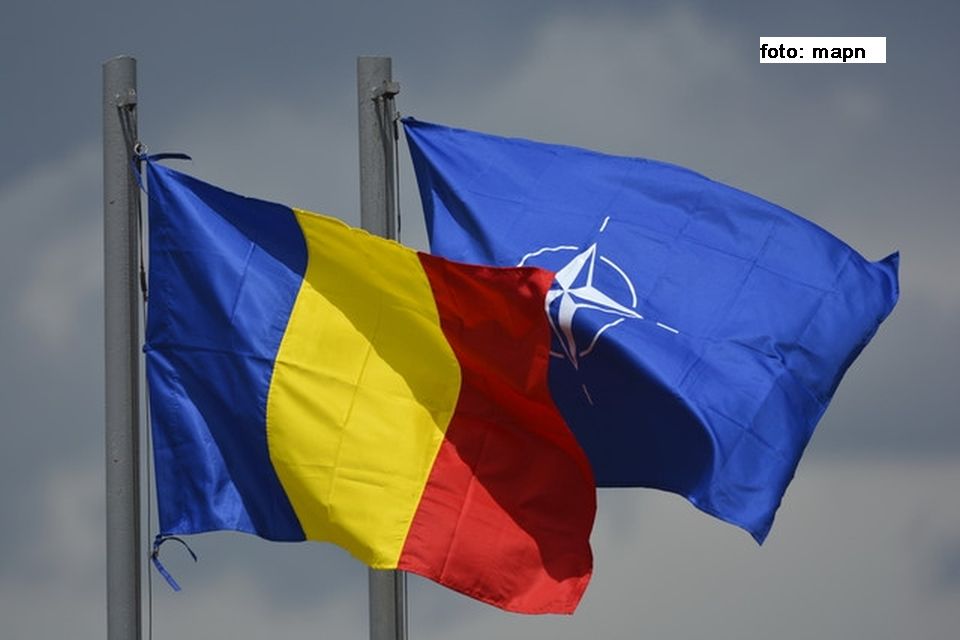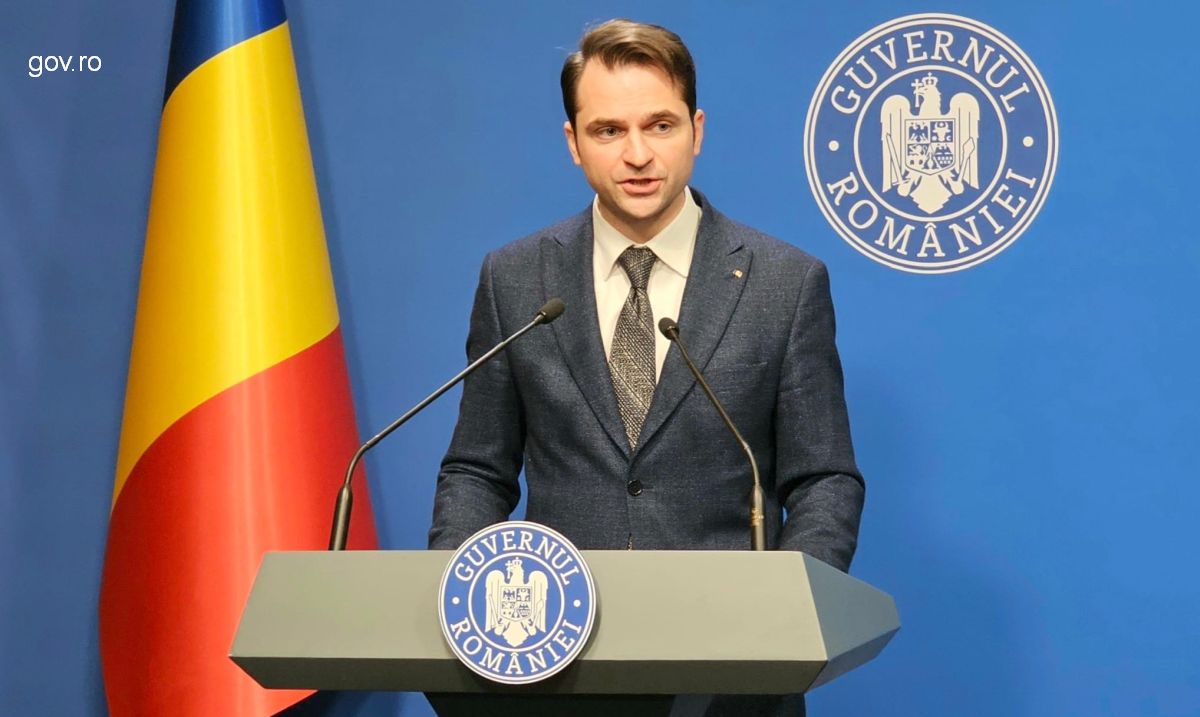The migrant crisis deepens
The huge number of refugees from the war-torn areas in the Middle East and Africa who are taking Europe by storm is a matter of concern for all European states.

România Internațional, 25.08.2015, 13:20
The number of refugees who flee Middle East and Africa for a better life in Europe is on the increase. They jam themselves onto small and unsafe boats and risk their lives trying to cross the Mediterranean Sea. In the last two days alone, Italian authorities have rescued 4,000 people from the sea, who risked drowning.
Thousands of refugees have reached Serbia, via Greece and Macedonia, in a desperate attempt to reach Western Europe. Almost all of them plan to seek asylum in the developed EU countries, especially Germany. Two months ago, European Union governments rejected a proposal by European Commission President Jean-Claude Juncker to set mandatory national quotas for states to take in some of the tens of thousands of refugees and migrants crowding ashore in Italy and Greece. Nevertheless, European Commissioner for Migration, Home Affairs and Citizenship, Dimitris Avramopoulous, has said that the refugees have the right to be in Europe and that certain states should do more to help them.
French President Francois Hollande and German Chancellor Angela Merkel announced they would present a joint asylum policy at EU level and called on Italy and Greece to speed up the establishment of reception centres to help identify asylum seekers and illegal migrants. Against this background, the European Commission has announced the doubling of the humanitarian aid to the level of 50 million euros. Of the total amount, 8 million euros will be earmarked for the Western Balkans and Turkey while 90 thousand euros will be earmarked for Macedonia. In Bulgaria, the government strengthened security at the border with Macedonia, also by dispatching military units and helicopters to discourage migrants.
However, unless migrant routes through Greece and Macedonia are blocked, Bulgaria might be taken by storm by tens of thousands of refugees. Romania has so far been safe from massive migration waves. Bucharest can access, if needed, under EU multi-annual financing programs, 98.5 million euros from the Internal Security Fund, 61 million euros from the border and visa component and 37 millions under the police component.






























